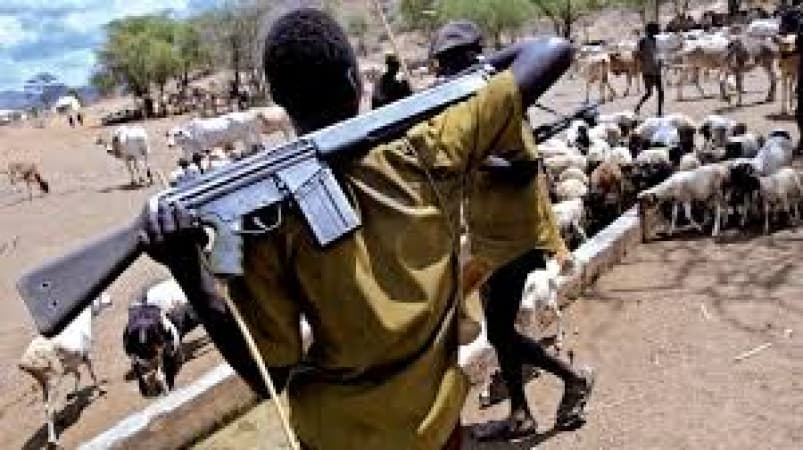Report Highlights Rising Toll Of Farmer-Herder Conflicts In Nigeria.
A recent report by SBM Intelligence has revealed the devastating impact of farmer-herder conflicts in Nigeria, with 542 civilians killed since 2019 and over 2.2 million people displaced. The long-standing crisis, driven by competition over land and resources, continues to threaten lives, livelihoods, and food security across the country.
The report highlights that Nigeria’s security landscape, already troubled by terrorism and insurgency, has been further complicated by farmer-herder clashes. These conflicts arise from disputes between agrarian farmers and nomadic herdsmen, many of whom are of Fulani origin. Factors such as climate change, population growth, economic shifts, and ethnic tensions have all contributed to the crisis.
A Growing Humanitarian and Economic Crisis
The consequences of the conflict have been dire, with entire communities reduced to ruins. The Middle Belt, a key agricultural region, has seen a decline in food production, exacerbating inflation and food insecurity. In Benue State alone, around 300,000 displaced persons are living in overcrowded camps.
“By the 2010s, these conflicts had evolved into a full-blown security crisis,” the report noted. “Armed groups, including Fulani militias linked to organised crime syndicates, have worsened the violence, leading to widespread displacement and destruction.”
Historical Context and Escalation
Though tensions between Fulani herdsmen and farmers date back decades, the situation worsened in the 1970s due to environmental pressures, including droughts that forced pastoralists to migrate southwards. With increasing urbanisation and land expansion, traditional grazing routes were encroached upon, leading to more frequent clashes.
The conflicts intensified in the 1990s as climate change and desertification reduced available grazing land. By the 2010s, the proliferation of modern weapons further escalated violence, turning local disputes into large-scale security threats.
Efforts to Resolve the Conflict
Despite several measures to curb the crisis, including anti-open grazing laws, the RUGA Settlement Initiative, and peace dialogues, violence persists. The report notes that enforcement challenges and political resistance have hindered progress.
“Enforcement has proven to be a major challenge, with herders often defying bans due to a lack of alternative grazing options and poor institutional capacity for law enforcement,” the report stated.
With pastoral violence continuing to spread, experts stress the need for more comprehensive solutions to address the root causes of the crisis and bring lasting peace to affected communities.



